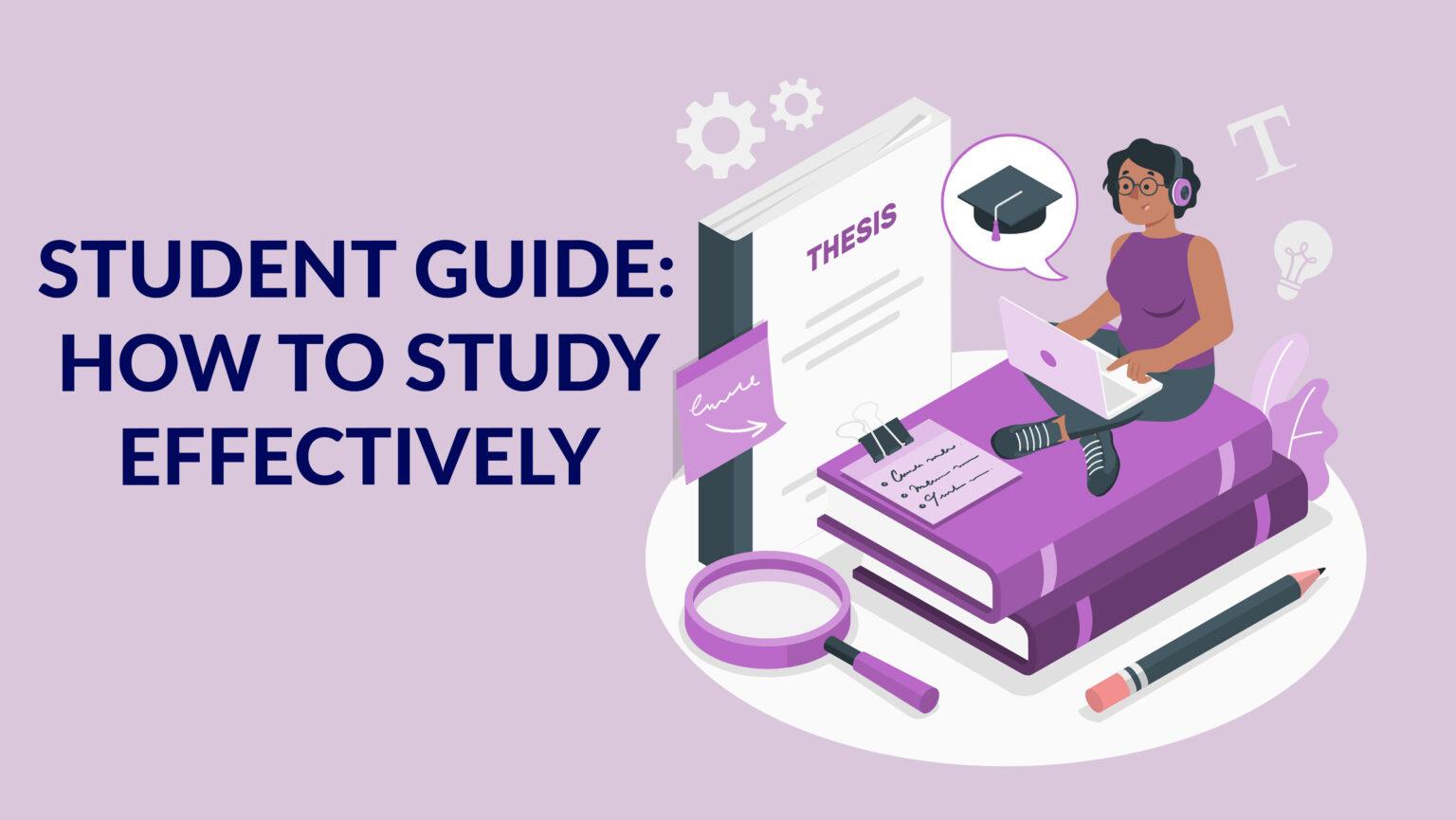As a student, it is important to find an effective approach to studying that works best for you.
While there is no one-size-fits-all solution, there are some general strategies that can help you make the most of your study time and improve your academic performance.
Whether you are preparing for a big exam, working on a long-term project, or simply trying to keep up with your coursework, developing good study habits is crucial for success in the classroom.
Effective studying can help you retain and understand new information, improve your grades, and increase your confidence and motivation.
It can also help you manage your time and reduce stress, as you will feel more prepared and in control of your studies.
In this introduction, we will explore the importance of studying effectively and discuss some strategies for maximizing your study time and improving your academic performance.
Table of Contents
Create Games
Having a clear and well-organized plan for each study session can help you make the most of your time and improve your chances of success.
By breaking your study sessions into manageable chunks of time, you can avoid feeling overwhelmed and maintain focus. Consider setting aside 15 or 30-minute blocks of time to work on specific tasks, such as reviewing flashcards, taking practice tests, or reviewing notes. Having a list of goals for each session can also help you stay motivated and track your progress.
As you complete each task on your list, you will feel a sense of accomplishment and will be more motivated to keep going.
Overall, creating a game plan for each study session can help you stay focused, meet your goals, and make your sessions more productive and effective.
Incorporate your study sessions into your schedule.
To maximize your chances of academic success, it is important to be proactive in scheduling your study time.
One effective way to do this is to use a planner or calendar to block off dedicated study time in advance.
This helps ensure that you have time set aside specifically for studying and helps prevent overbooking yourself with social or extracurricular activities.
You should aim to make time for studying most weekdays and even on weekends if necessary.
By creating a monthly schedule, you can also review your material week by week, which can be especially helpful if you are preparing for a big exam.
By making a conscious effort to schedule your study time, you can avoid last-minute cramming and set yourself up for success in the classroom.
Find A Suitable Learning Style For You
There are different ways in which people learn, and it is important to identify your own learning style in order to study effectively.
Some people are visual learners, meaning they learn best through the use of images, pictures, and spatial understanding.
Others are auditory learners, who learn best through listening.
Physical or kinesthetic learners learn best by using their bodies, hands, and senses of touch. Knowing your own learning style can help you tailor your studying to your strengths and needs.
For example, if you are a visual learner, you might benefit from using charts, diagrams, and color-coded notes, while auditory learners may find it helpful to record lectures and repeat them back to themselves.
Physical learners might try tracing words or incorporating movement and hands-on activities into their studying.
By understanding your own learning style, you can develop strategies that are most effective for you and make the most of your study time.
Take A Break
One key to success in your studies is to remember to take breaks.
It is not possible to study for long stretches of time without taking a break, even for those who are highly motivated or constantly caffeinated.
Breaks are essential for successful studying because they allow your mind to rest and recharge, allowing you to return to your studies feeling energized and motivated.
Plan to take a break every 60 to 90 minutes, and use that time to do something that will help you rest your eyes, nourish your body, or get some fresh air.
Successful students know when they need to take a break and are able to sense when they are getting tired or when studying is no longer productive.
Don’t feel guilty about taking a break, as it can actually be beneficial for your studies.
During your break, you might listen to music, read a book, take a nap, shower, play video games, or surf social media. Just make sure to return to your studies feeling refreshed and ready to tackle your work.
Study Environment is Important
Your study space should be somewhere you feel comfortable and focused, so don’t be afraid to get creative and experiment with different locations.
Maybe you need the motivation of a bustling coffee shop, or maybe you prefer the solitude of your own bedroom.
Either way, the key is to find a spot where you can really hunker down and get things done.
Just remember that a change of scenery can be good for the brain, so don’t be afraid to mix things up and try out new places from time to time.
Whether it’s the library, a park bench, or the kitchen table, the perfect study spot is out there waiting for you to discover it.
Be Resourceful
To really succeed as a student, you should take advantage of all the resources available to you.
This means seeking help from your teachers, librarians, and knowledgeable friends when you don’t understand something.
You should also use the library and online resources to supplement your studies, and try to get a deeper understanding of the material by working through extra problems or looking for additional sources of information.
By using all the resources at your disposal, you can make the most of your study sessions and improve your chances of success.
Don’t be afraid to be creative and think outside the box to find the help and information you need to excel in your studies.
Final Thoughts
In conclusion, being a student can be a challenging but rewarding experience.
There are many factors that contribute to success in the classroom, including prioritizing your studies, being punctual, working honestly, staying focused, avoiding distractions, developing positive relationships with your teachers, and using effective study techniques and resources.
It’s also important to find a balance between your academic pursuits and your personal life, and to be aware of your own learning style in order to tailor your studies to your needs.
By following these tips, you can set yourself up for success as a student and reach your full potential.




